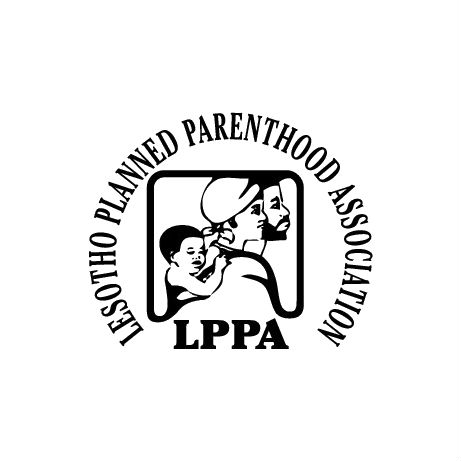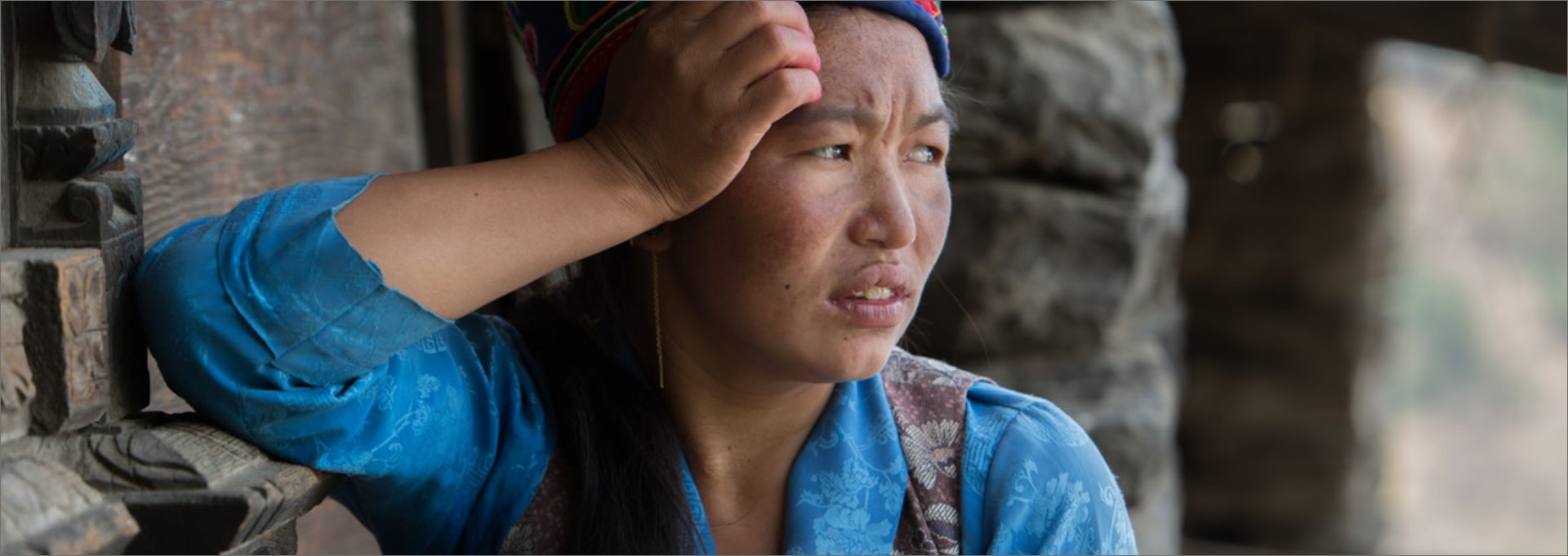

| 31 March 2016
Lesotho Planned Parenthood Association
One of IPPF’s central beliefs is that processes and approaches need to be adapted to meet the specific needs of a country. In Lesotho, a country with one of the highest HIV prevalence rates in the world, LPPA is very active in finding new ways to address neglected needs. LPPA provides a comprehensive range of sexual and reproductive health including: family planning, the management of sexually transmitted infections (STIs), screening for cancers of the reproductive system, the distribution of contraceptives and emergency contraceptives, pregnancy testing, post-abortion care, voluntary counselling and testing (VCT) and the management of infections. Clients are referred to other centres for CD4 tests and ARV treatment. LPPA reaches out to the communities it serves through 47 service points: 10 permanent clinics, 9 private providers, 30 associated agencies, 90 peer educators and 14 community-based distributors (CBDs). There are 54 permanent staff who are supported by over 200 volunteers. An estimated 75% of LPPA's clients are poor, marginalized, socially excluded and/or under-served. Target groups include cattle herders, prisoners, rural populations, factory workers, university students, police trainees and people living with HIV and AIDS. LPPA targets out-of-school children, and disseminates SRH information through drama, puppetry, sports for life, and facilitated discussions. Other education programmes include health talks, workshops, performances and radio and TV shows. In advocacy, LPPA reaches out to teachers, religious leaders and government leaders to promote favourable approaches to, and legislation on, SRH. LPPA has influential partnerships with government health and population departments, and it partners with major non-governmental organizations (NGOs). Donors include Irish Aid, UNDP, the Japan Trust Fund, and IPPF’s Korea Africa Fund. The Member Association has strong linkages with other organizations across the country, particularly in relation to HIV and AIDS.

| 19 January 2024
Haiti Adolescent Girls Network (HAGN)
The Haiti Adolescent Girls Network (HAGN), established in the wake of the 2010 earthquake, is a local organization that fosters collective local and international partnership for the empowerment, safety, health, and well-being of girls and youth (10-24 years of age) in Haiti through the creation of safe spaces where girls can regularly meet to build their social, economic, cognitive, and health-related assets. The Network seeks to craft a sustainable partnership with and among these organizations, laying the foundation for long-term capacity building in Haiti. The network is designed for collaborative learning and draws on the expertise of its members to create girl-centered programming rooted in local contexts. The Haiti Adolescent Girls Network has as its goal, mission, and vision the following: Goal: Out of the earthquake and cholera emergencies as experienced by girls, to foster a well-resourced public-private network of places where girls can regularly meet to build their health-related, social, economic, and cognitive assets. Mission: The Haiti Adolescent Girls Network is dedicated to the empowerment, safety, health, and well-being of girls in Haiti. Vision: The Haiti Adolescent Girls Network envisions a world where adolescent girls are free of violence, discrimination and ill health, a world where girls feel supported, heard and safe, and have the opportunity to reach their full potential. Instagram Twitter







